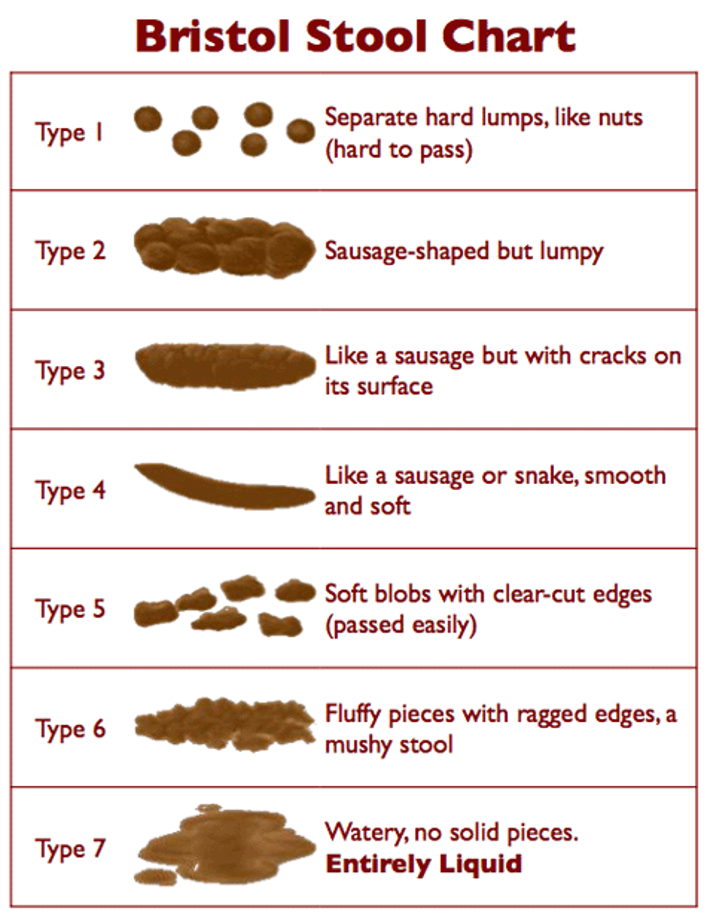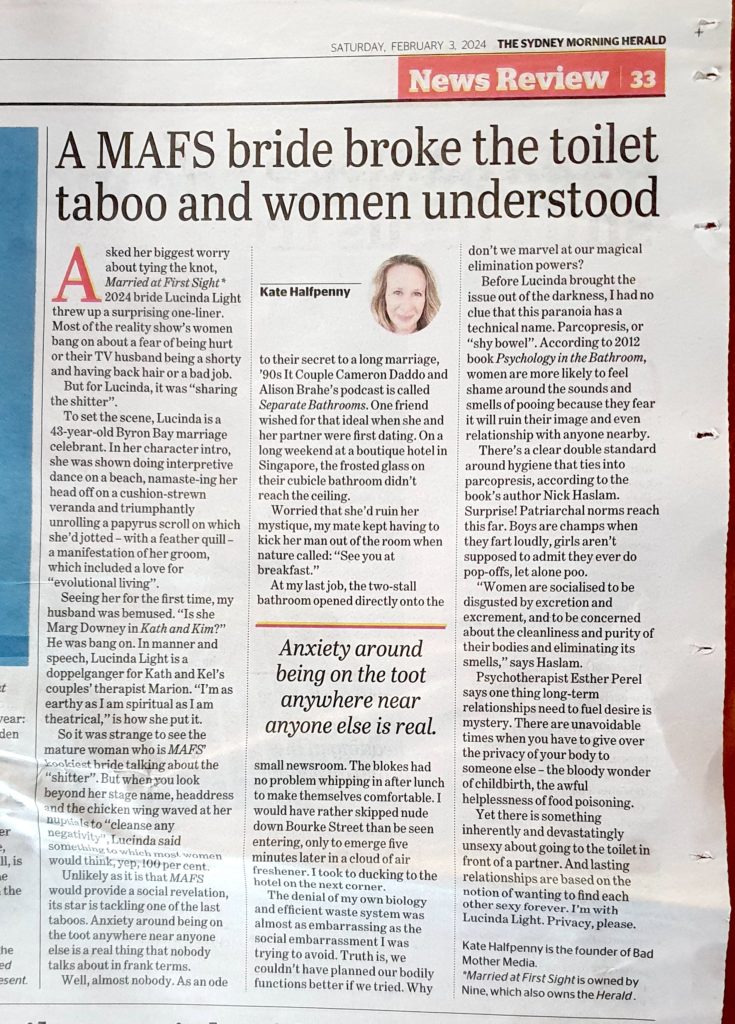Poo is taboo!
Probably one of the reasons why poo is so funny (and why kids like to laugh about it) is because it’s taboo.
We laugh about poo. In our Global Challenges project, we get to enjoy a little frisson of naughtiness, because we are using the word “poo” in an academic context. Poo-puns are a useful way to get the conversation started – in our project names for example (VIPoo, Poo-topia, etc).
Poo is a taboo subject in polite society. It’s something that parents with babies are allowed to discuss, or doctors if you’ve got a stomach bug. Several years ago, when my kid was about 5, we were particularly fond of the “Bristol Stool Chart”. Now’s she’s nearly a teenager, I wonder if she would be less keen on me bringing it up in front of her buddies!

As adults, we tend to keep our own ordinary daily ablutions behind closed doors. We pretend that they don’t happen. The smell that our poo creates is something that we would like to disavow.
Take this article about the reality TV show Married at First Sight (MAFS), for example. It reports on one of the show’s participants, Lucinda, who expresses anxiety about having to share a house (and therefore a bathroom) with her new husband. It seems that Lucinda’s main worry is that the husband will discover the shocking biological reality – that she poos!

I note that Lucinda isn’t worried about discovering the shocking reality that her hubby poos. There is a clear socially-constructed gender bias here, where men are allowed to poo (and fart) and women are supposed to maintain a sort of sanitised mystique.
While a study of the gender imbalance in pooing practice is beyond the scope of our (current) research project, it does reveal a salient point: pooing is not just a biological thing – it’s a cultural thing. For a thing to be cultural, it means that there are norms around it, there are jokes around it, there are taboos around it, and there’s even architecture around it! And those norms, taboos, jokes and architecture vary across the world, across class, across gender, and so on.
Here in Australia, we (adults in polite middle class society) unreflectingly use the word “shit” to describe things that are bad. Someone has a shitty boyfriend; my friend’s housing situation has “gone to shit”; a mean person is a “shithead”.
It’s not just in our language – even our plumbing infrastructure (sewerage system)* is built around the premise of whisking away our shit. There is shame attached to it; we don’t even want to see it; get it away from me!
Consider the shame built into these products which mask the odour of poo.
Actually, this TV ad is pretty funny:
Good puns in there! But beyond the gags, the shame is still there: note that every time our hollywood starlet leaves the bathroom, there is a man entering after her, and she does not want to have it known that she has “punished the porcelain”.
By contrast, in the Pootopia project, we are trying to reframe shit as a good thing – as a resource, as a constituent component of soil, as one of the most valuable materials on the planet.
So – I’m curious whether there are some cultures in which to say something is shit is a term of approval.**
—
Notes:
* Of course, sewerage systems are very useful for reducing disease in dense human populations.
** There are a few positive usages in English: something can be “shit-hot”, and a good thing can receive approval with the expression “oh yeah, that’s the shit!” and so on.